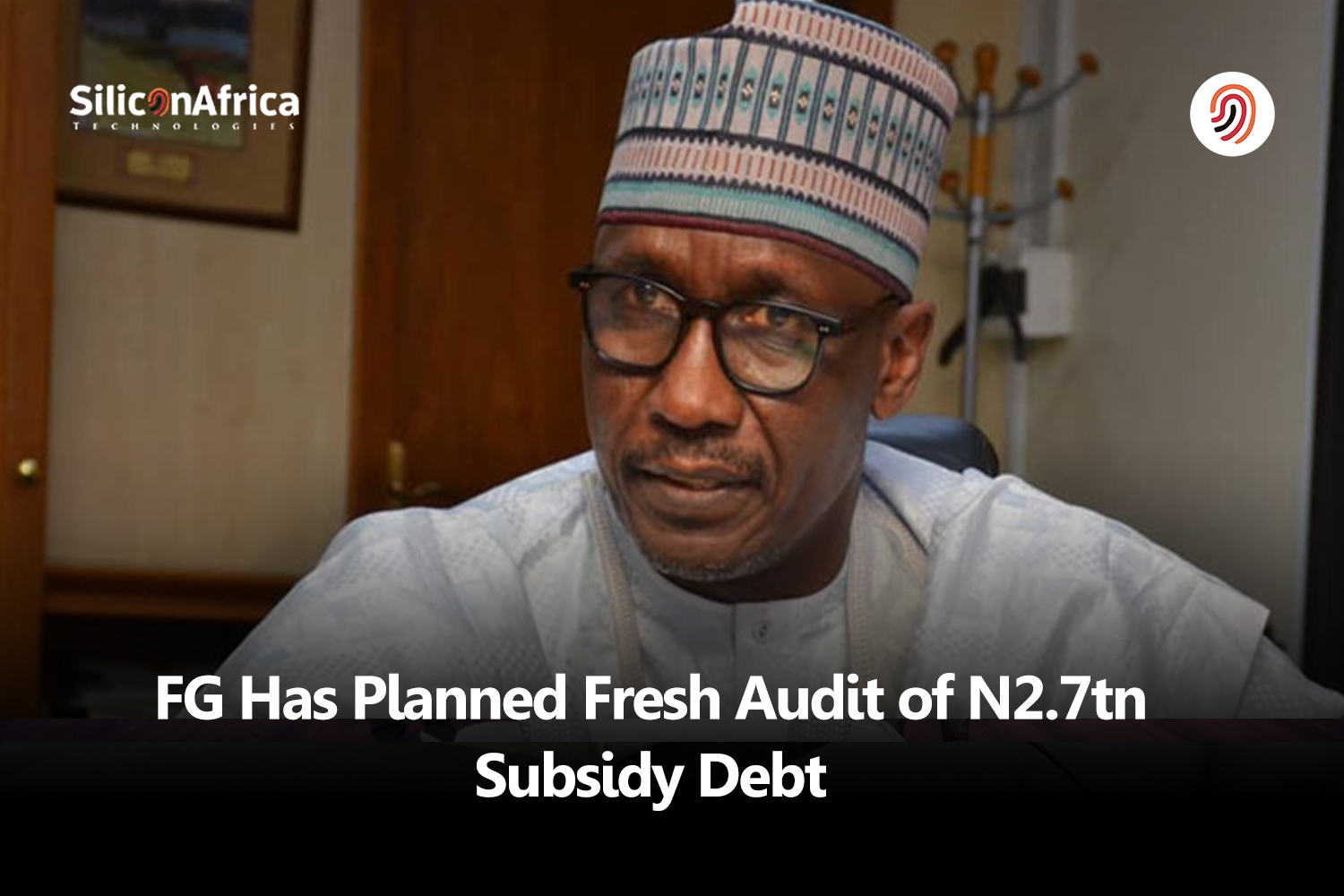Physical Address
60 Ekwema Cres, Layout 460281, Imo
Physical Address
60 Ekwema Cres, Layout 460281, Imo

The Federal Government of Nigeria (FG) has commenced moves to carry out a fresh audit of the N2.7tn subsidy debt said to have been owed to the Nigeria National Petroleum Company Limited (NNPC).
This fresh move to audit the ₦2.7tn naira debt claim of the NNPC by the government comes after an audit report from KPMG, a multinational professional services firm, significantly slashed the initial claim submitted by NNPC from N6 trillion naira (₦6tn) to the present figure.

The Minister of Finance and National Planning, Wale Edun, who also chairs the Federation Account Allocation Committee (FAAC), made the disclosure during the FAAC meeting.
He emphasized the government’s commitment to transparency and accountability, particularly regarding the nation’s fuel subsidy regime.
The fresh audit, Edun explained, aims to ensure the legitimacy of the N2.7tn debt claimed by NNPC/Federation Account.
According to the FG, two options for the renewed audit are on the table for consideration.
One is to get an external auditor with a history of transparent issues of this kind; another would be to assign to the Office of Auditor-General of the Federation (OAuGF).
The latter was being considered, considering the services of the OAuGF as professional.
The planned audit will reportedly cover a period from 2015 to 2021.
This timeframe encompasses several years of NNPC’s subsidy claims.
The agency had for several years made the claims which rose to N2.7tn by the end of 2018.
The purpose of the audit is to confirm whether this figure and accompanying documents submitted by the national oil company were accurate and legit.
Read More: Nigeria to Provide Solar Subsidy for Unserved Areas via World Bank Approved Loan
The question of petrol subsidy has remained a hotly debated topic in Nigeria for several years.
A quick interrogation of this subject has led to the allegations that the subsidy regime is corrupted.
That as much as 50 percent of the subsidy we budget as a country may not get to the people it was meant for. Therefore the FG has ordered a new audit on fuel subsidies.
The result of the new audit could have far-reaching consequences.
It might indicate that the federal government has been overpaying NNPC, which could result in some form of reimbursement by the latter.
Or the audit might reveal that NNPC has been dissimulating its utilization of the funds it has been getting from the government, in which case additional inquiries or court cases may have to be launched.
The public has a vested interest in the findings of the fresh audit.
It is important to determine the veracity of the N2.7tn subsidy debt claim in order to contribute to a well-informed public debate about fuel subsidy regime.
As an inherent concern, transparency in the use of public money is vital in building trust between government and the governed.
The decision of FG to carry out the fresh audit on the N2.7tn subsidy debt is indication that the government is committed to serving the interest of the people and ensuring that it is accountable to the public.
Whatever the outcome, the result of the audit of the N2.7tn will shape the thinking of Nigerians about the fuel subsidy regime and the overall economic policy.
Was this information useful? Drop a nice comment below. You can also check out other useful contents by following us on X/Twitter @siliconafritech, Instagram @ Siliconafricatech, or Facebook @ Silicon Africa.